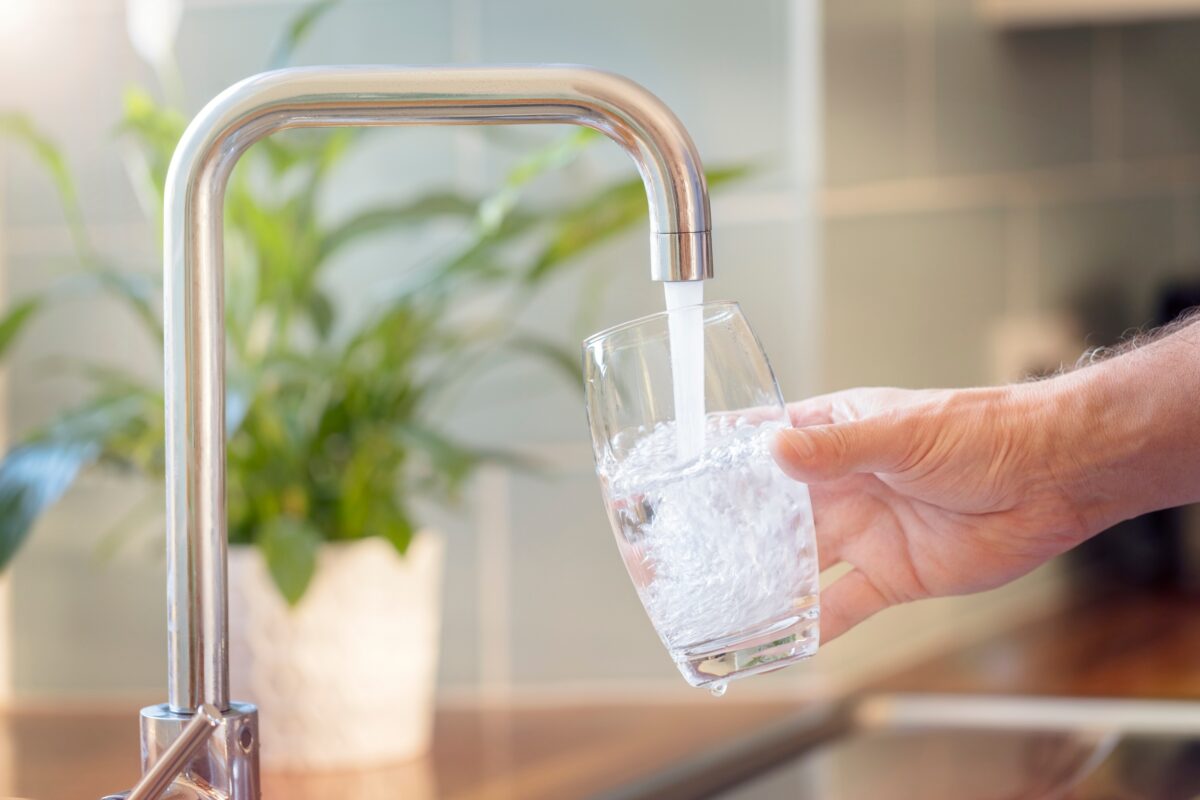Water Water Everywhere, Nor a Recycled Drop to Drink

As water engineers, we welcome investment in infrastructure to support Queensland’s water security. After all, water is arguably our most precious asset, vital to life, industry, agriculture, commerce, recreation and more, so moves by the State Government to invest between $4 and $8bn in a desalination plant in Kawana is welcomed.
But, as water engineers, we can’t help but think that, in addition to investment in new assets, more must be done to increase the use of existing assets and to tackle a thorny political issue that is holding back the supply of clean drinking water to Queenslanders; recycled water.
Used in cities across the globe, from the US to Kuwait and from Singapore to the UK, recycled water is wastewater that undergoes a process including filtration, reverse osmosis and disinfection to remove and destroy any trace of impurities. The result is clean water, which is perfectly safe for drinking, but according to many Queenslanders, it cannot possibly be drunk because the thought of doing so outweighs any science or logic.
In many ways, the discussion around recycled water mirrors those around daylight saving or urban density; the opinion of a loud minority puts pressure on politicians to, sometimes, undertake actions to appease the noise, rather than address the critical issue.
The irony for Queenslanders looking at the investment decision from the government is that there is existing infrastructure in place to add recycled water into the network easily. Indeed recycled water is already used for carwashes, industry and power stations, the result of a $2.5bn network investment by the Beattie Government.
But the challenge in Queensland comes from an experience centred on the city of Toowoomba, which in 2006 rejected the use of recycled water at a referendum. Like many political issues, the campaign was highly divisive, with the city being seen as a centre of experimentation and earning the unfortunate moniker of Poowoomba[1].
So, in times of marginal election results, it is natural that there are challenges with raising the spectre of recycled water from a political perspective, but what value can you place on the political risk? $4bn to $8bn seems like a high price, especially when you consider that Queensland’s existing desalination plant at Tugun runs in low-flow mode and in a recent poll, it is clear attitudes toward drinking recycled water have changed.
The Seqwater polling revealed a steady increase between 2017 and 2020 in the number of Queenslanders open to drinking recycled water. In 2020, 68 per cent of people said they were comfortable, up from 59 per cent in 2017.[2]
And for us as water engineers, that is the challenge with the issue. If people are prepared to drink recycled water, if infrastructure exists to add recycled water to the network, then surely this should be the first step in improving Queenslanders’ access to a vital resource.
We are not against future investment in infrastructure, but in times when budgets are tight and massive infrastructure investment is required to support population growth, prioritising where money is to be spent should be determined by need and not through fear of a political outcome.
[1] Damned if you do, dammed if you don’t: Coast mayor wades into great water debate (inqld.com.au)
[2] Qlders support recycled water more now than in mid-2000s droughts | The Courier Mail
 Back to News
Back to News
